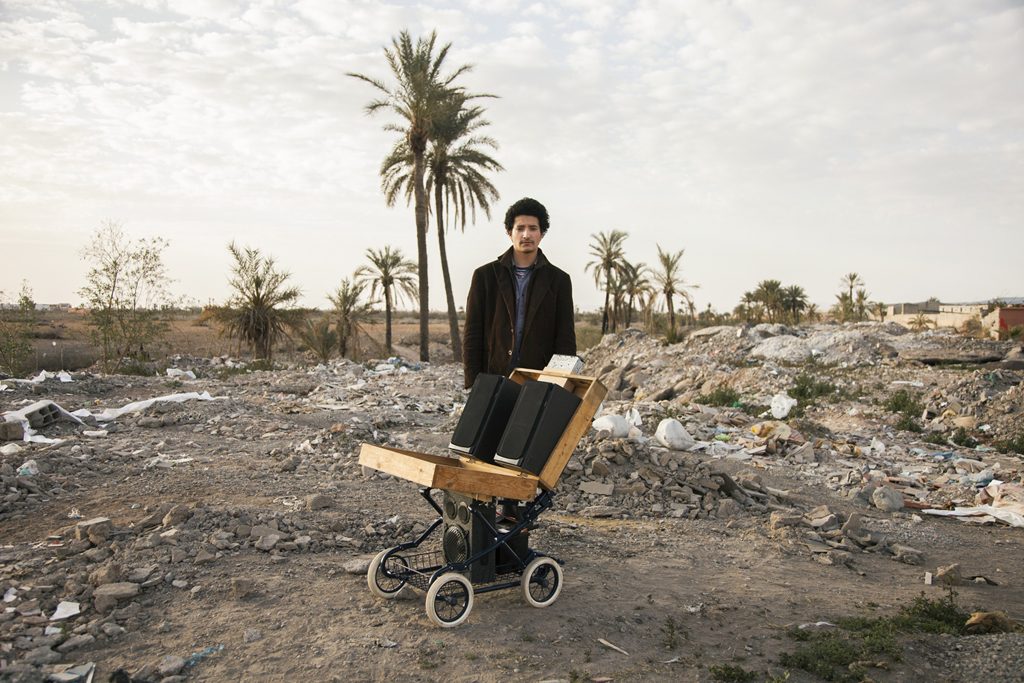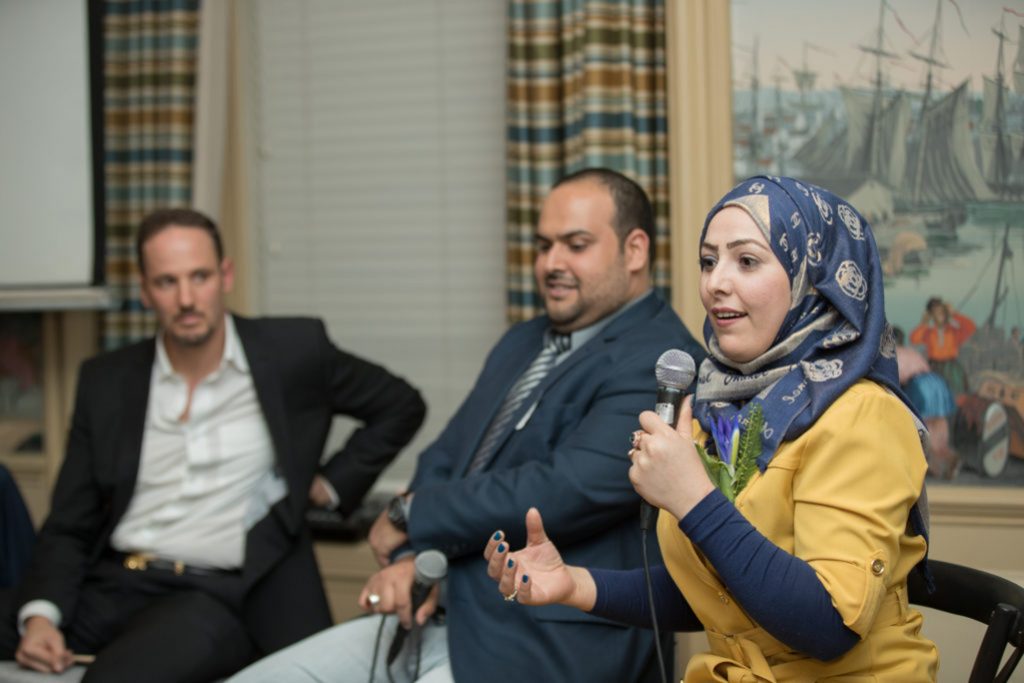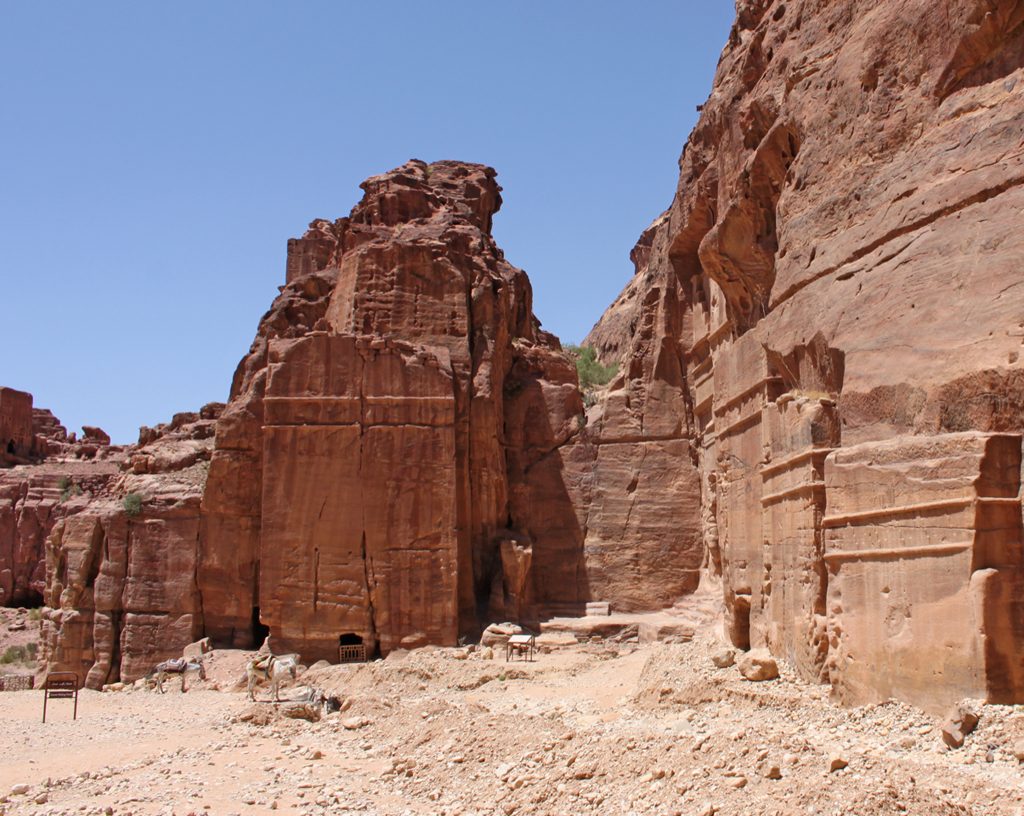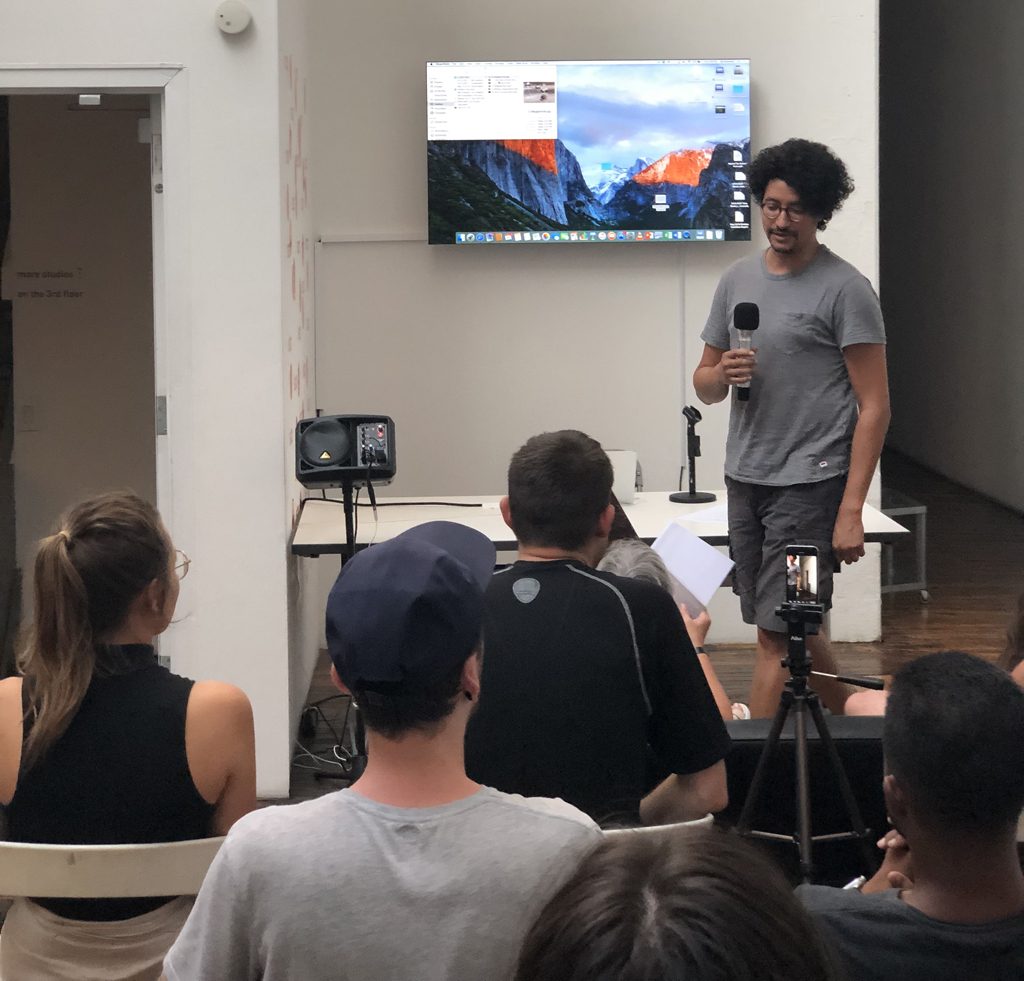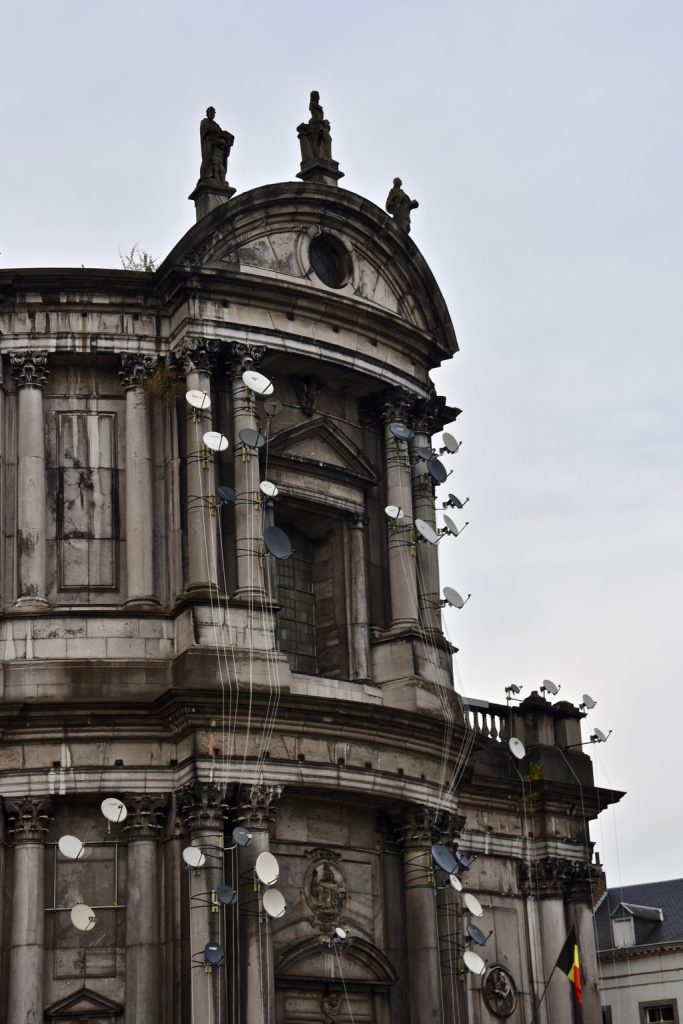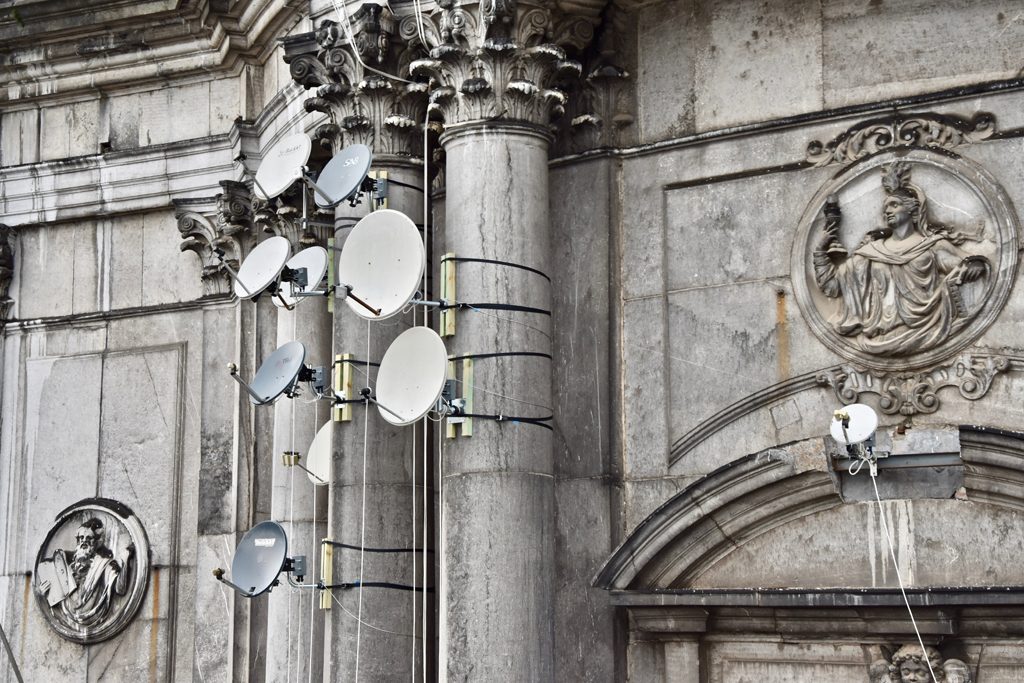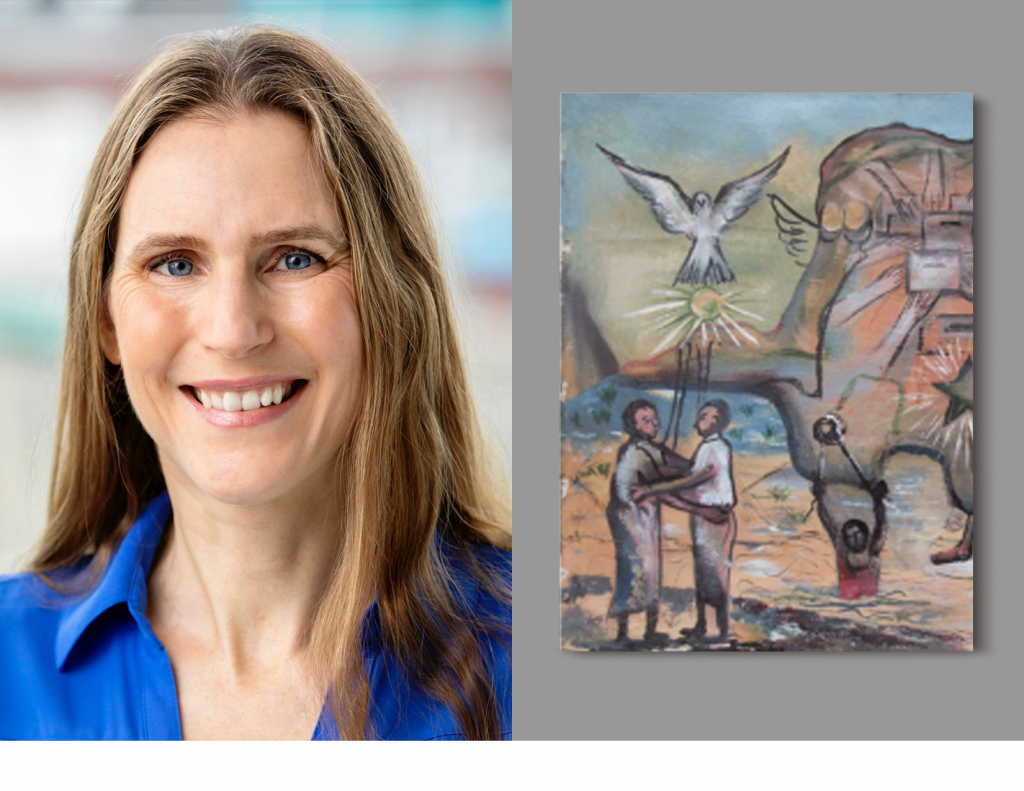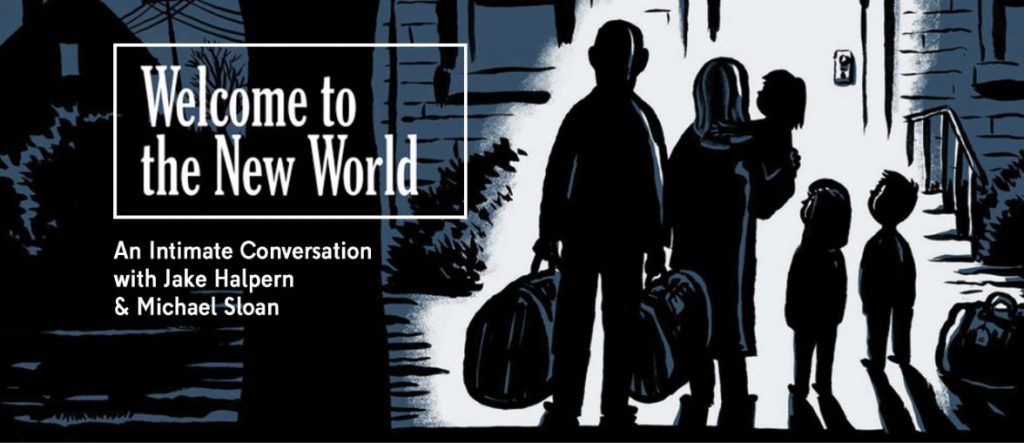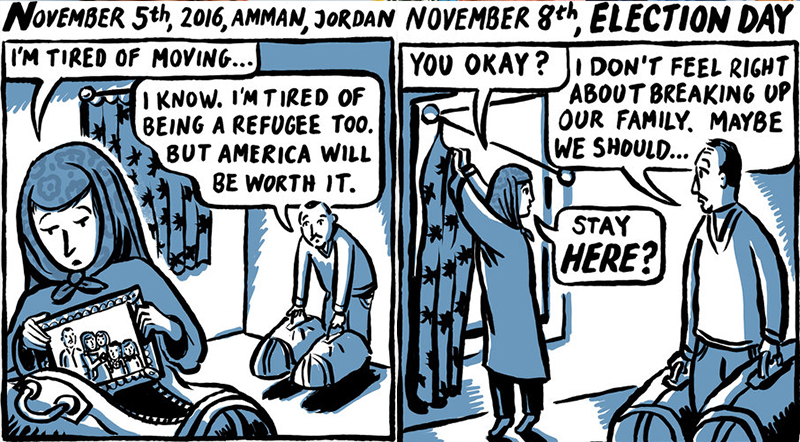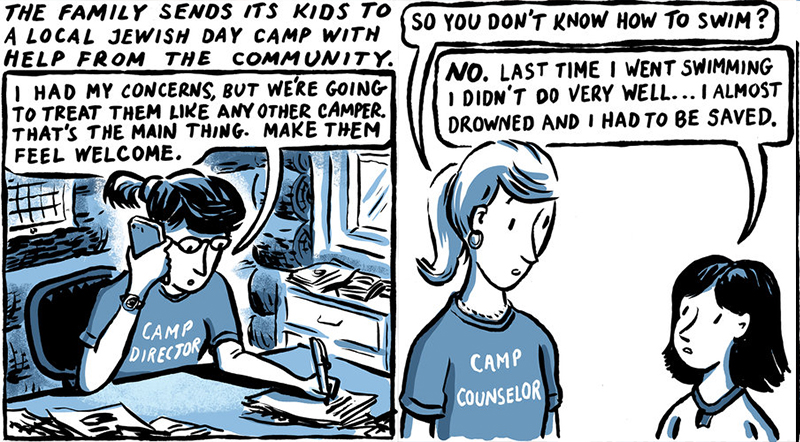New York, New York—Since 2017, Tauck Ritzau Innovative Philanthropy has supported residencies for young, promising African artists at The International Studio & Curatorial Program in New York City. Announced this week, the Ritzau Art Prize, funded by Colleen Ritzau Leth, a specialist in museums, cultural affairs, and international relations.
The prize builds on the foundation’s commitment to provide artists from the continent with dynamic, immersive residencies. Over the next three years on an annual basis, prize recipients will be offered a significantly increased residency, with extraordinary global visibility and professional development opportunities. The first recipient will be announced at the 1-54 New York 2020 preview day on Thursday, May 7, 2020.
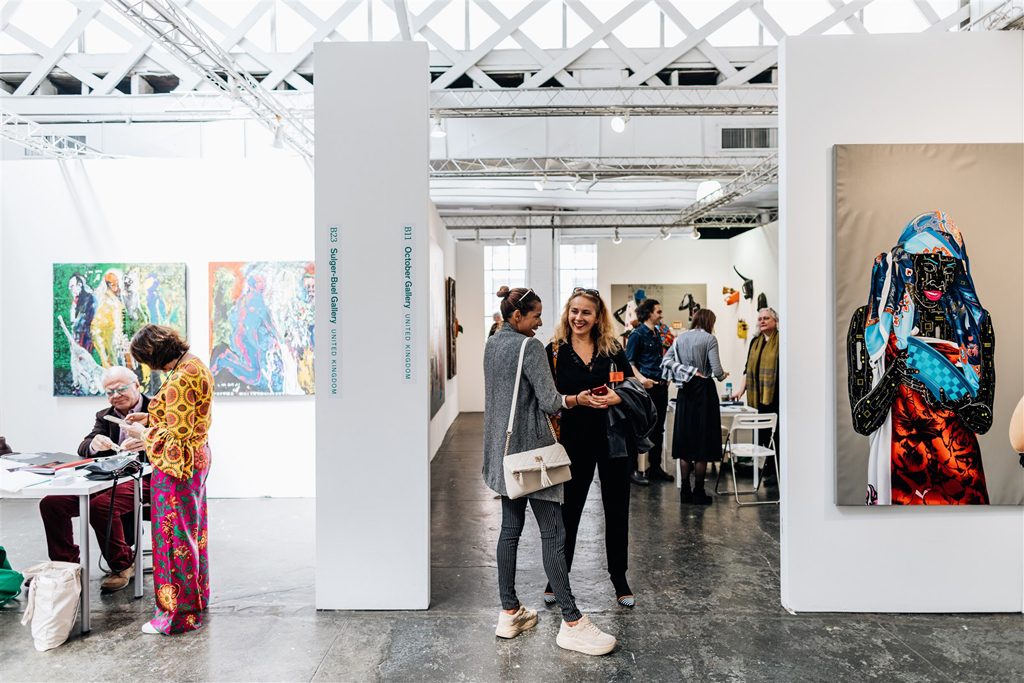
The Ritzau Art Prize was developed in collaboration with 1-54 Contemporary African Art Fair, the first leading international art fair dedicated to contemporary art from Africa and its diaspora with annual editions in London, New York, and Marrakesh. Drawing reference to the fifty-four countries that constitute the African continent, 1-54 is a sustainable and dynamic platform that is engaged in contemporary dialogue and exchange.
Ritzau Art Prize
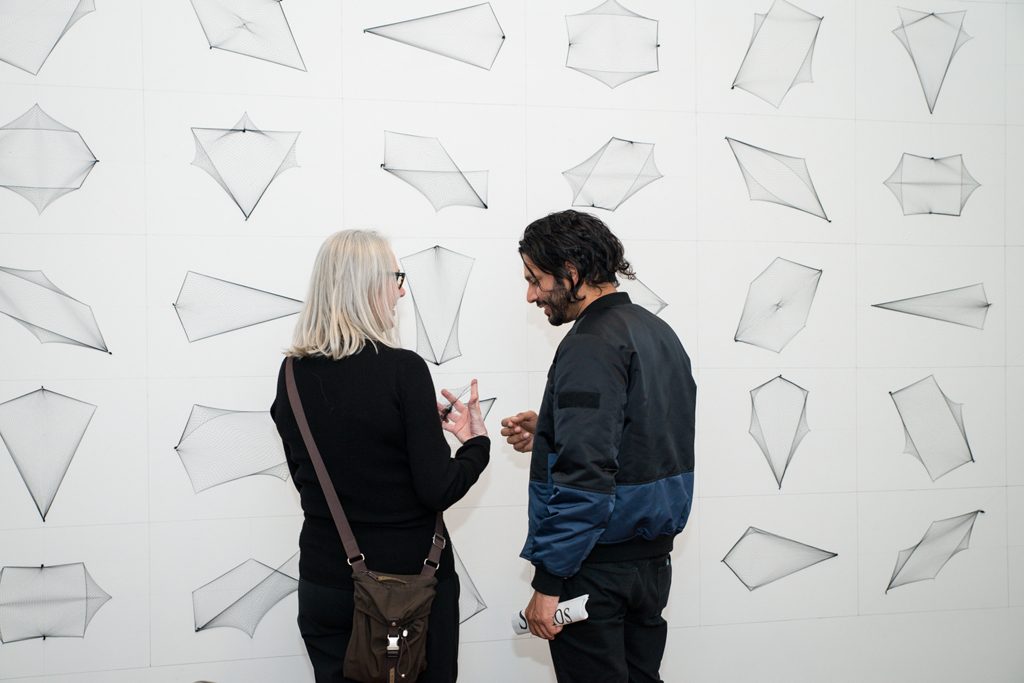
Prize recipients will benefit from a private studio in Brooklyn, participation in Open Studios, meetings with visiting critics, opportunities to speak about their art and practice in a publicized public talk, and field trips with peers from at least 25 different countries. The program’s residencies focus on building community and professional discourse among residents and provide a space and platform to share work. After leaving the residency, artists and curators join an even larger network of over 1,400 International Studio & Curatorial Program alumni in more than 85 countries.
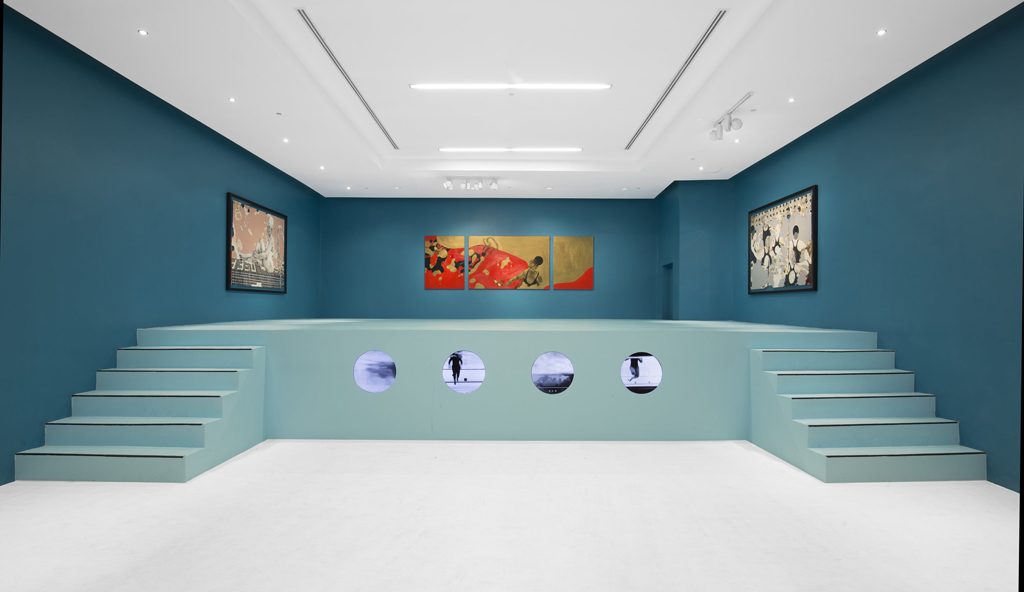
Eligibility
The prize is open to late emerging to mid-career artists whose work is being exhibited at the fair and who have expressed interest in being considered.
Distinguished Jury
An annually rotating jury will be comprised of distinguished contemporary African artists and specialists. The 2020 inaugural cycle includes Omar Berrada, writer, curator, and Director of Dar al-Ma’mûn; Adrienne Edwards, Engell Speyer Family Curator and Curator of Performance at the Whitney Museum; and Olu Oguibe, artist.
A Commitment to Artists Working in Africa
Africa enjoys a thriving, vibrant
contemporary art scene, but there is still limited funding on the continent to
provide local artists with residencies to make fresh, new work and create
relationships that will advance their careers—and TRIP is committed to addressing this issue. Previous Tauck Ritzau Residency artists include
Younes Baba-Ali (2019), whose wry, subversive art often
unfolds in the public streets of North Africa; Nigerian artist Modupeola Fadugba (2018), whose affecting paintings and works
on paper explore issues of identity representation and access; and Kiluanji Kia
Henda (2017), a self-taught Angolan artist and recipient of a sculptural
commission on view during the 2019 edition of 1-54 Contemporary African Art
Fair in London.
Together with Robin Tauck, a philanthropist and business leader, Colleen Ritzau
Leth invests in individuals and organizations creating bold and daring cultural
responses to today’s challenges. A special area of focus includes artists and
thinkers active in creating cross cultural dialogue, mutual understanding, and
more inclusive, welcoming societies.
#ritzauartprize #culturematters #iscp #154artfair
